

Subscribe to EcoJustice Radio:
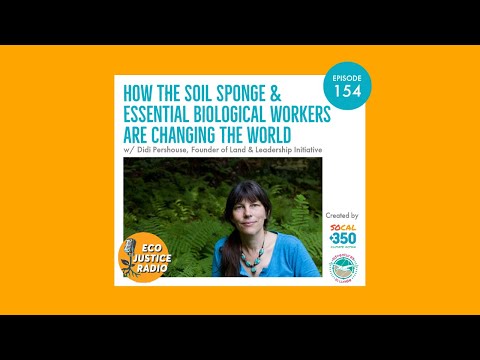
Watch this video on YouTube
How the Soil Sponge and Essential Biological Workers are Changing the World with Didi Pershouse
The Earth’s water cycle, carbon cycle, and nutrient cycle depend on a healthy soil sponge, which is created and maintained by the ongoing work of other species. By restoring and nurturing the soil sponge, humanity has a unique opportunity to unify and come into balance with all life, particularly the world’s essential workers: Plants, fungi, bacteria, worms, insects, and other often unseen underground workers. These beings together create the soil sponge, the basic infrastructure or living matrix that regenerates soil and ecosystems and makes life on land possible.

Listen to Didi Pershouse, founder of the Land & Leadership Initiative, share how we might allow Nature to lead to restore global soil health, collaborate with other species, and ensure the soil sponge remains healthy and functional for future generations. In doing so, the world’s most pressing challenges can be resolved.
When the soil sponge fails on a small scale, local farms and small ecosystems collapse. When it fails on a large scale, whole regions and societies collapse. Regenerating the health of the world’s soils in the time of extreme climatic disruption means: fewer floods, droughts, and wildfires; improved air quality; less need for irrigation; cleaner and more abundant water; more moderated weather patterns; less erosion; greater biodiversity; and less spending on public health and disaster recovery.
STORY: Healing the World’s Ecosystems with the Soil Food Web
Didi Pershouse is the Author of two books. The first is The Ecology of Care: Medicine, Agriculture, Money and the Quiet Power of Human and Microbial Communities. Her second is Understanding Soil Health and Watershed Function. A well known writer and teacher, she specializes in how to grow what is called the Soil Sponge – a way to provide abundant water and food for all life, while establishing resilience to flooding, drought and wildfires [http://www.rehydratecalifornia.org]. She understands other plants, animals, bugs, and microbes as “Essential Workers,” stressing the vital role of the biological workforce in regulating the out-of-control climate.
Carry Kim, Co-Host of EcoJustice Radio. An advocate for ecosystem restoration, indigenous lifeways, and a new humanity born of connection and compassion, she is a long-time volunteer for SoCal350, member of Ecosystem Restoration Camps, and a co-founder of the Soil Sponge Collective, a grassroots community organization dedicated to big and small scale regeneration of Mother Earth.
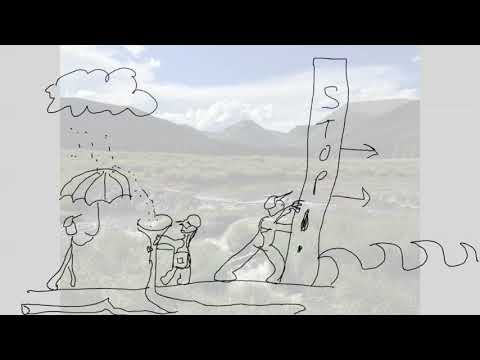
Watch this video on YouTube
For an extended interview and other benefits, become an EcoJustice Radio patron at https://www.patreon.com/ecojusticeradio
Podcast Website: http://ecojusticeradio.org/
Podcast Blog: https://www.wilderutopia.com/category/ecojustice-radio/
Support the Podcast: https://www.patreon.com/ecojusticeradio
Executive Producer and Intro By: Jack Eidt
Hosted by Carry Kim
Engineer and Original Music: Blake Quake Beats
Episode 154
Photo credit: Didi Pershouse
Premiered 7 November 2022, Updated 6 January 2025

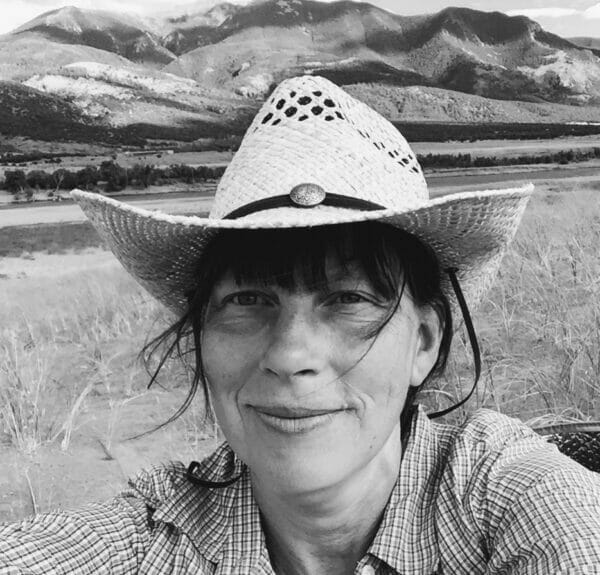


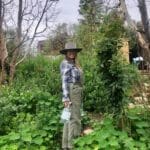

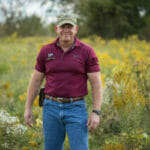

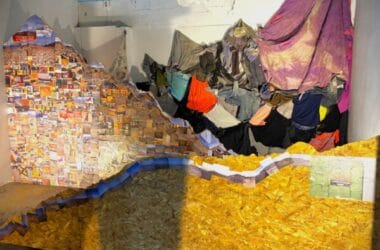

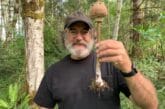



Pingback: Healing the World’s Ecosystems with the Soil Food Web
Pingback: The Truth About Hydrogen: Green Fuel or Greenwash?
Pingback: Biodynamic Agriculture: A Holistic Approach to Farming - WilderUtopia